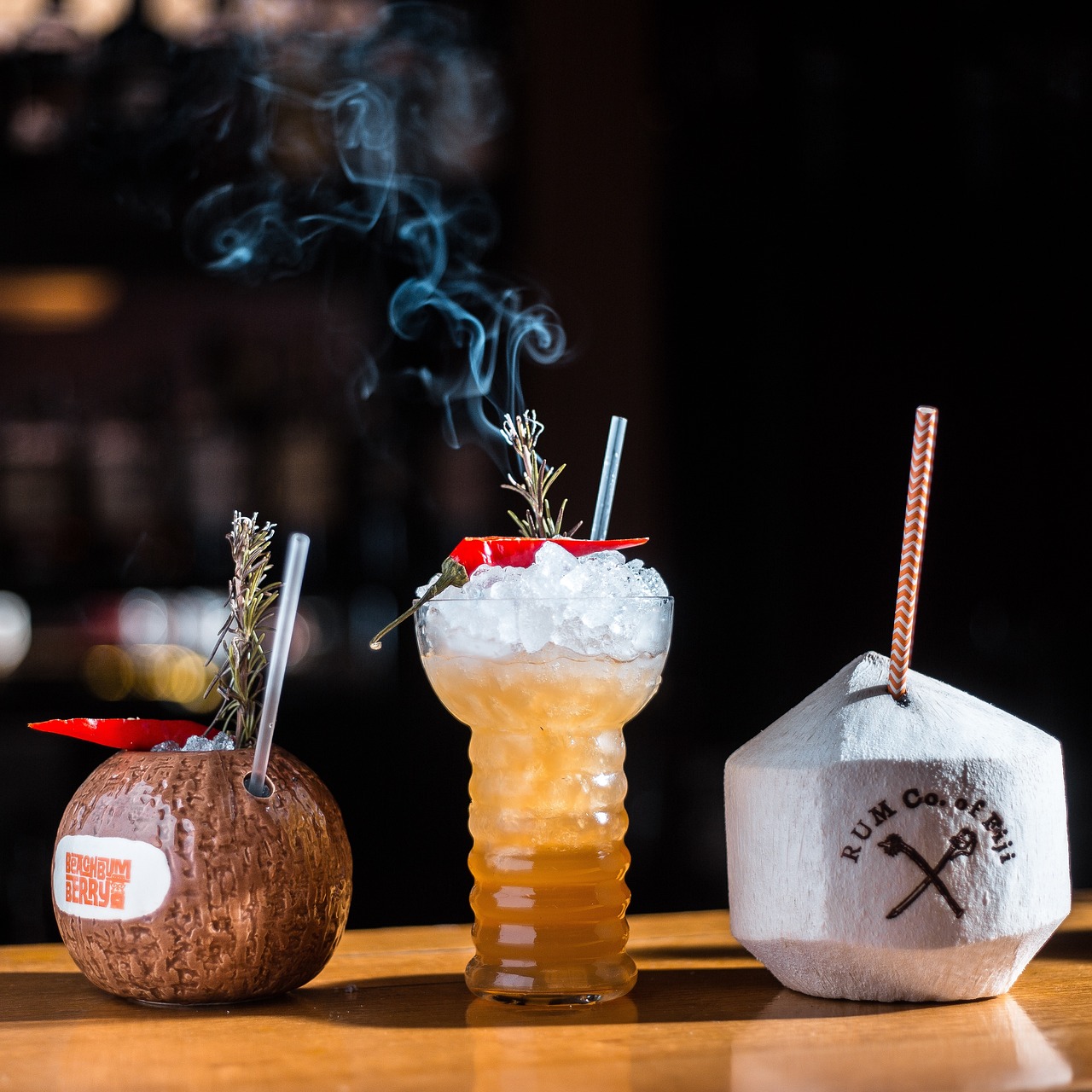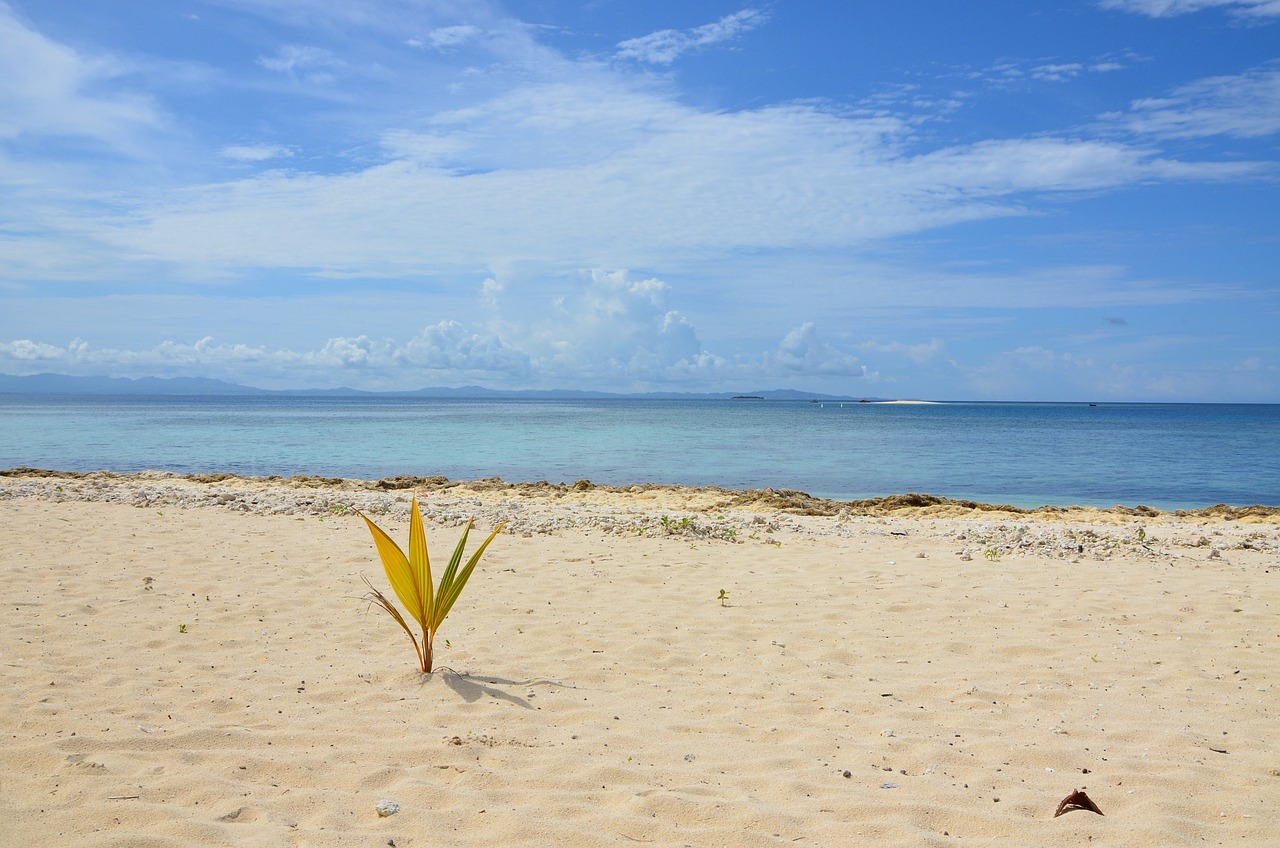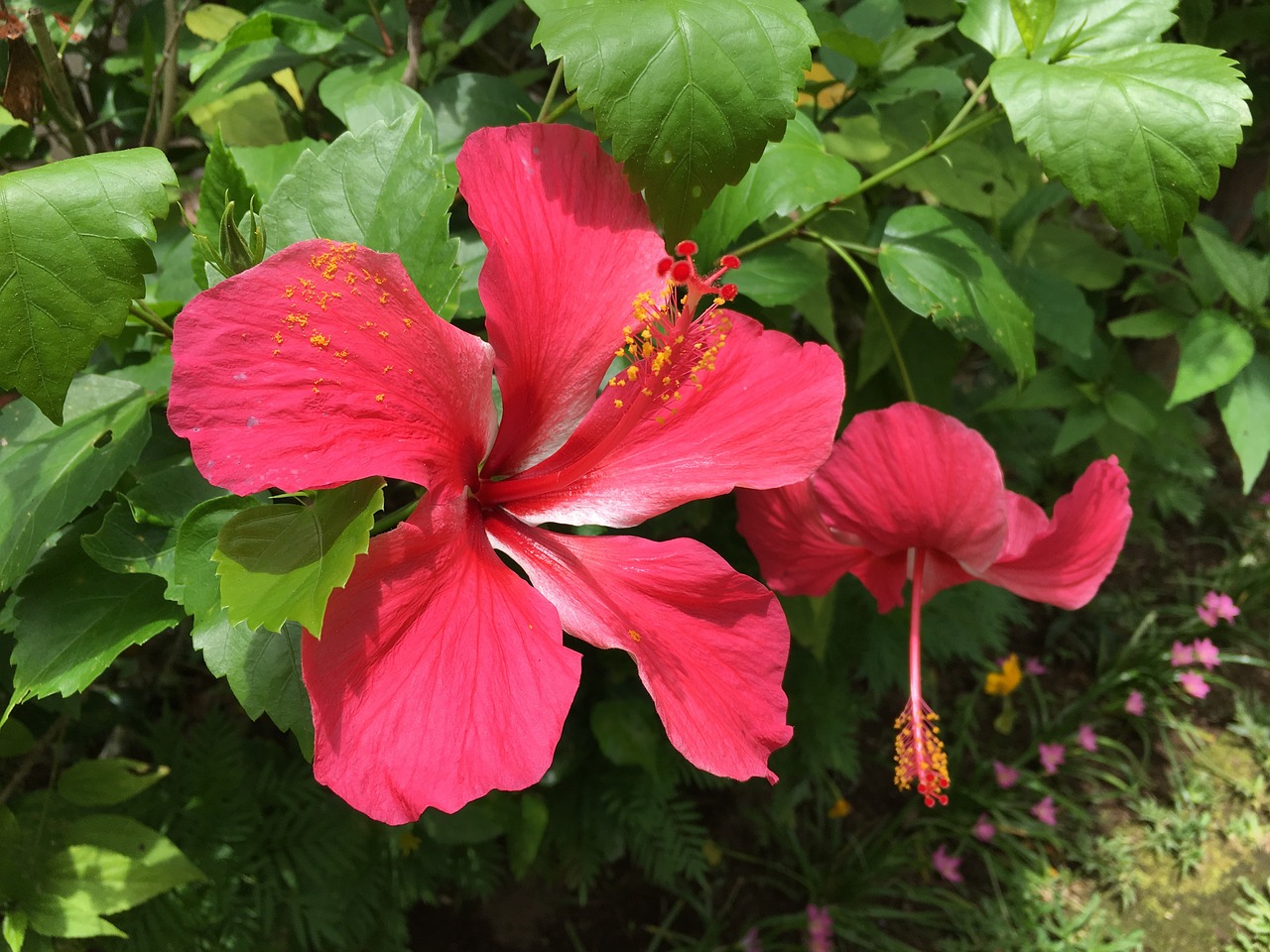Cultural Etiquette: Doing Business in Fiji
Introduction
Fiji, an archipelago in the South Pacific, is known for its stunning landscapes, warm hospitality, and unique culture. When doing business in Fiji, it is essential to understand and respect the local cultural etiquette. This article will provide a comprehensive guide to navigating the business landscape in Fiji, including communication styles, meeting protocols, and gift-giving customs.
Communication
Effective communication is crucial when doing business in Fiji. Here are some key points to keep in mind:
- Politeness: Fijians value politeness and respect. Use formal language and address people by their titles, such as Mr., Mrs., or Miss, followed by their last name.
- Greetings: Greet your business counterparts with a warm smile and a handshake. It is common to exchange pleasantries and inquire about each other’s well-being before getting down to business.
- Listening: Active listening is highly valued in Fijian culture. Show genuine interest in what others have to say and avoid interrupting them.
- Non-verbal communication: Pay attention to non-verbal cues, such as body language and facial expressions. Fijians often use subtle gestures to convey their thoughts and emotions.
Meeting Etiquette
When attending business meetings in Fiji, it is important to adhere to certain protocols:
- Punctuality: Arrive on time for meetings, although it is not uncommon for Fijians to be a few minutes late. However, as a foreigner, it is best to be punctual to show respect for your hosts.
- Formality: Dress formally for business meetings, preferably in a suit and tie for men and conservative attire for women. This demonstrates professionalism and respect for the occasion.
- Hierarchy: Fijian society has a hierarchical structure, and this is reflected in business settings. Show deference to senior members and decision-makers by addressing them first and giving them the opportunity to speak.
- Agenda: Meetings in Fiji may not always follow a strict agenda. Be prepared for discussions to veer off-topic or for more time to be allocated to relationship-building rather than business matters.
Negotiation Style
When engaging in business negotiations in Fiji, consider the following:
- Relationship-building: Building a strong personal relationship is crucial in Fijian business culture. Take the time to get to know your counterparts and establish trust before diving into negotiations.
- Patience: Fijians value a relaxed and patient approach to negotiations. Rushing or pressuring your counterparts may harm the relationship and hinder progress.
- Indirect communication: Fijians tend to communicate indirectly, using subtle language and implications. Pay attention to the underlying messages and read between the lines.
- Consensus: Decision-making in Fiji often involves seeking consensus among all parties involved. Be prepared for discussions to be lengthy as everyone’s input is considered.
Gift-Giving Customs
Gift-giving is an important aspect of Fijian culture. When presenting gifts in a business context, keep the following in mind:
- Timing: Gifts are typically exchanged at the end of a business meeting or upon the completion of a deal. Presenting a gift too early may be seen as rushing the relationship-building process.
- Thoughtfulness: Choose gifts that reflect Fijian culture or have a personal touch. It is important to show that you have put thought into the gift.
- Reciprocity: If you receive a gift, it is customary to reciprocate with a gift of similar value. This helps maintain balance and harmony in the relationship.
- Gift-wrapping: Take care in the presentation of the gift. Wrap it neatly and consider using traditional Fijian motifs or colors.
Fiji Image 1:

Business Etiquette
Understanding the general business etiquette in Fiji is essential for successful interactions. Here are some key points to note:
- Hierarchy: Respect for seniority and authority is important in Fijian business culture. Decision-making power often lies with the higher-ranking individuals.
- Conservatism: Fijians appreciate a conservative and professional approach to business. Avoid being overly assertive or aggressive in negotiations.
- Flexibility: Fijians value flexibility and adaptability in business dealings. Be open to changes and willing to accommodate the needs of your Fijian counterparts.
- Follow-up: After meetings or negotiations, it is customary to send a follow-up email or letter expressing gratitude and summarizing the key points discussed.
Fiji Image 2:

Business Attire
Dressing appropriately is crucial when doing business in Fiji. Consider the following guidelines:
- Formal attire: Men should wear suits and ties, while women should opt for conservative business attire.
- Climate consideration: Fiji’s tropical climate may require lighter fabrics, but it is still important to maintain a professional appearance.
- Respect for culture: Take into account Fijian cultural norms and dress modestly to show respect for the local customs.
Business Meals
Sharing a meal is a common practice for building relationships in Fiji. Here’s what to keep in mind during business meals:
- Host responsibilities: The host typically pays for the meal as a gesture of hospitality. However, it is polite to offer to contribute or pay for future meals.
- Table manners: Familiarize yourself with Fijian table manners, such as waiting for the host to start eating before you begin and keeping your hands above the table.
- Conversation topics: Stick to neutral topics such as sports, culture, and travel. Avoid sensitive subjects like politics or religion.
- Enjoyment of food: Fijians take pleasure in sharing food, so be open to trying local dishes and expressing your enjoyment.
Fiji Image 3:

Conclusion
Doing business in Fiji requires an understanding and appreciation of the local culture. By following the etiquette guidelines outlined in this article, you can build strong relationships and navigate the business landscape with confidence. Remember to approach each interaction with respect, patience, and a willingness to learn from the Fijian people.
References
- Fiji Bureau of Statistics: statsfiji.gov.fj
- Fiji Islands Tourism: fiji.travel
- Fiji Chamber of Commerce and Industry: fijichamber.com
- Embassy of the United States, Suva, Fiji: fj.usembassy.gov
- Ministry of Foreign Affairs, Fiji: foreignaffairs.gov.fj

